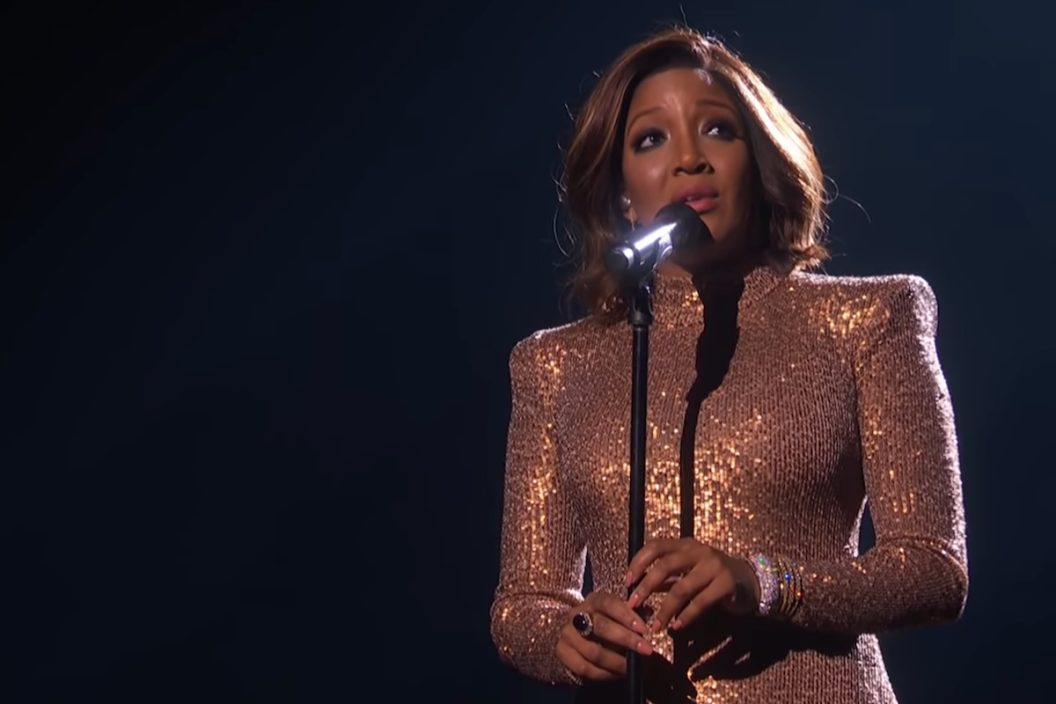You can count on Mickey Guyton to speak her mind.
Videos by Wide Open Country
These truthful statements often come through her music, whether she's addressing country music's gender disparity in "What Are You Gonna Tell Her" or, in a song released on June 2, 2020, bluntly describing a black woman's experience in America with "Black Like Me."
"It's a hard life on easy street. Just white painted picket fences far as you can see," Guyton sings. "If you think we live in the land of the free, you should try to be black like me."
Guyton's co-write with Emma Davidson Dillon, Fraser Churchill and Nathan Chapman finds one of the few African American artists on a major country label (in this case, Capitol Records Nashville) using her platform to request more than prayers, which are important to people of faith but not necessarily the conversation starter society needs at the moment.
That said, faith played a role in Guyton sharing such a powerful statement at a time when George Floyd's murder at the hands of a Minneapolis police officer has led to peaceful protests and social unrest.
"This song was a God moment," she wrote on Twitter. "He put it on my heart to write it. I thought it was to heal my heart, but now I realize it's meant to heal every heart."
Read More: Thomas Rhett Speaks Out on Racial Injustice: "We Have to Continue to Educate Ourselves"
The song made history in 2021 when it made Guyton the first Black woman nominated for a solo Grammy in a country music category.
"Black Like Me" vied for Best Country Solo Performance on the March 14 pre-show broadcast. Vince Gill won the category, taking home his 22nd career trophy for "When My Amy Prays."
Hours later, Guyton's song got an arguably greater boost than a Grammy win. Her powerful performance during the main Grammy broadcast raised her pop culture profile while surely challenging notions about how country music looks and sounds.
Now Watch: Remembering Singer Bill Withers
https://rumble.com/embed/u7gve.v6rf0n/




